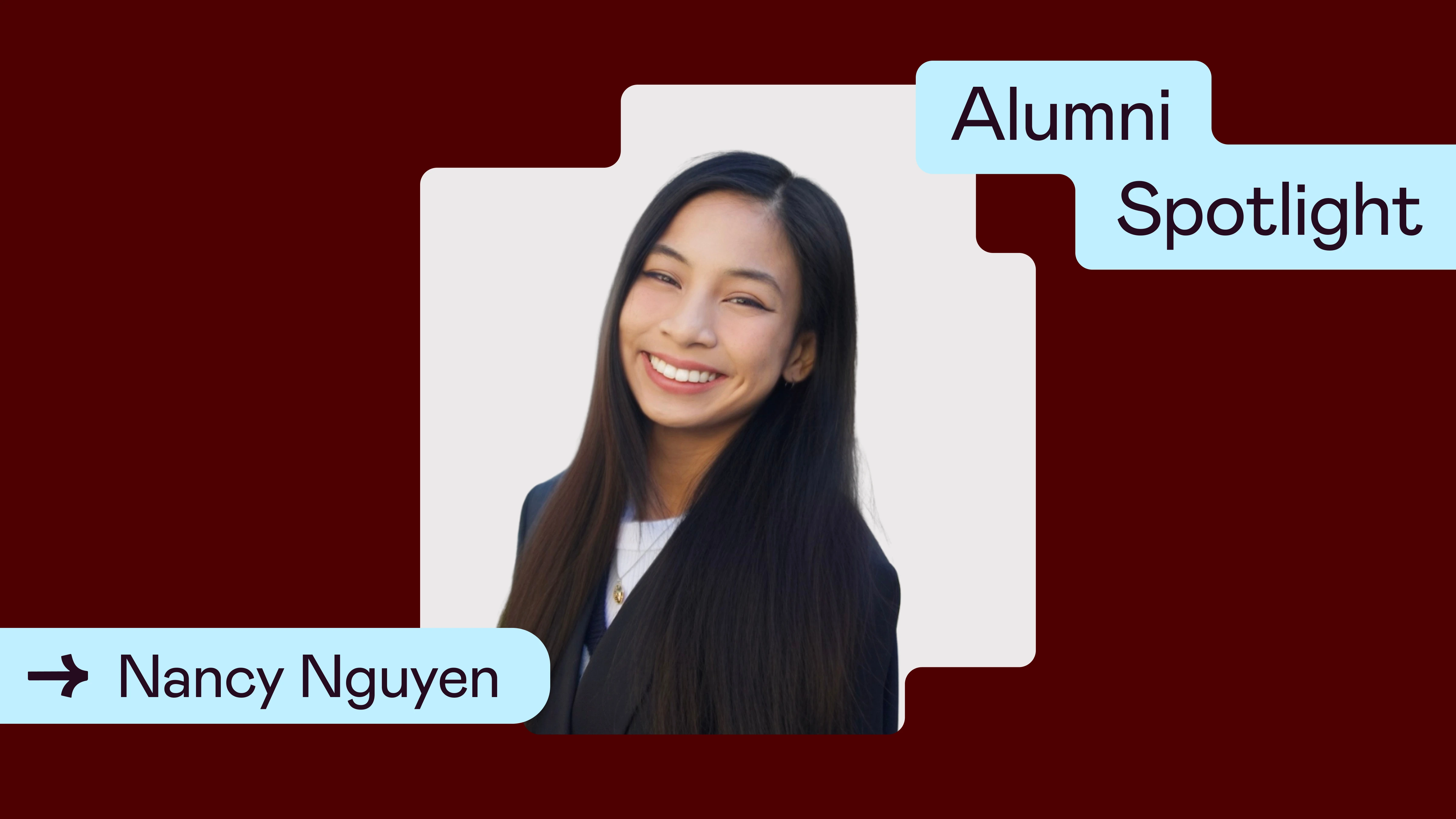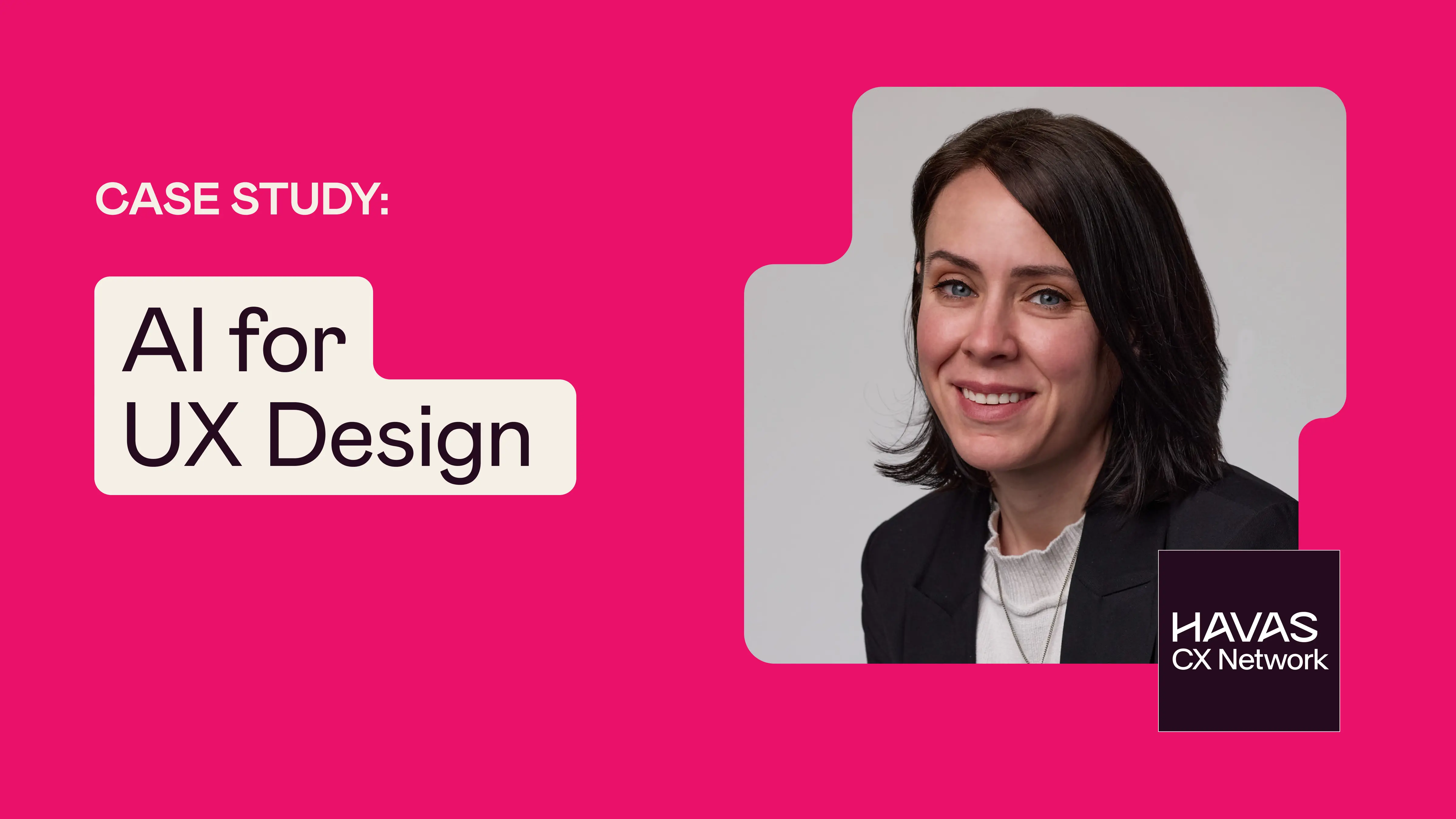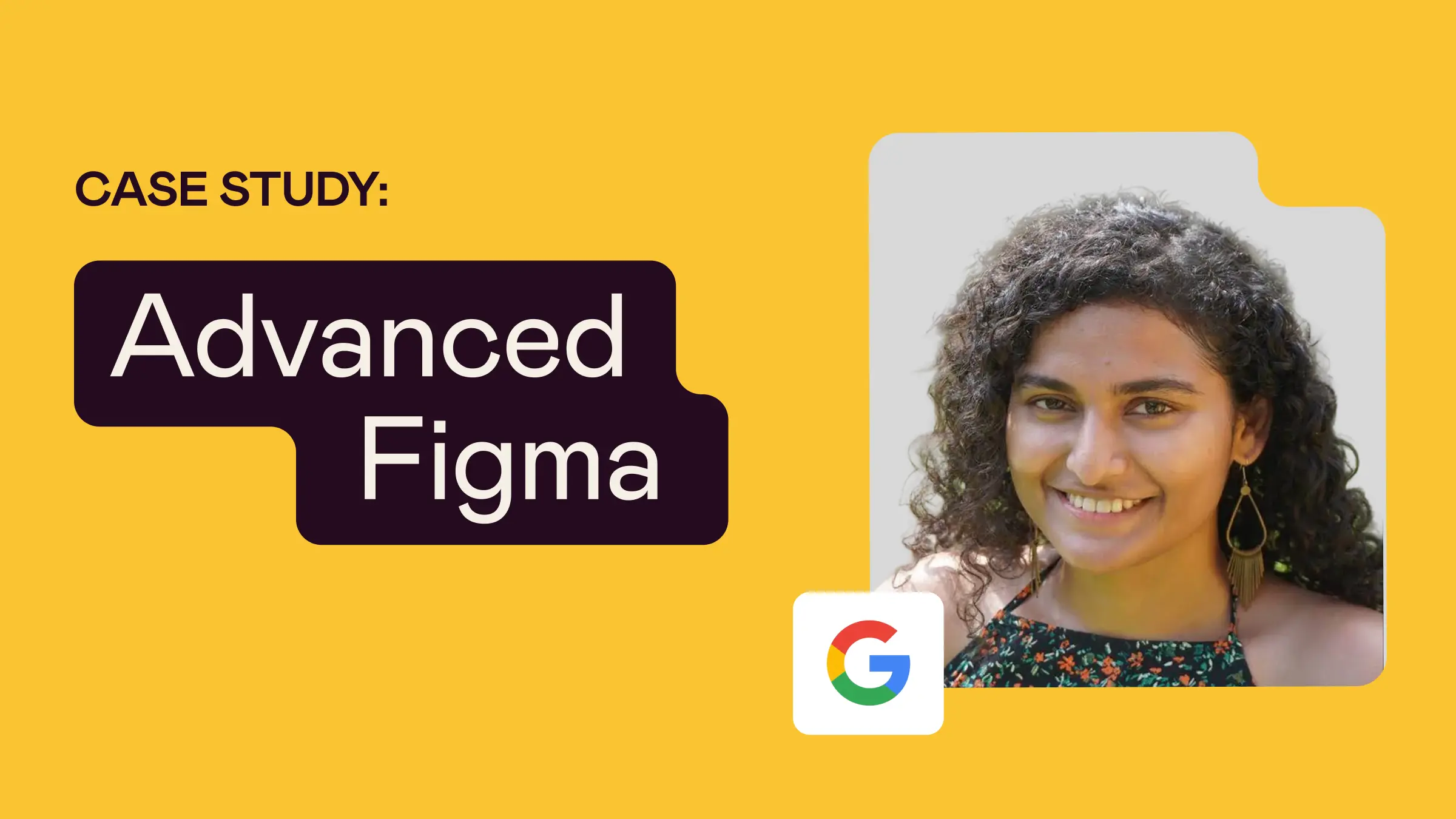Following a departure from his previous career in IT, Stephen Grady decided to explore his creative interests and find a career that excited him. We recently caught up with him to discuss his transition into UX/UI design, where he's found a new opportunity to love his work
I'd love to start out learning about your background and motivators for switching into UX/UI?
My main background is in IT, first in sales and then support, and finally into project management. I’d done some research into UX back in 2018, and I always had this thought in the back of my head that I loved being creative, and that it would be great to have a career that is more creative and collaborative.
And then I ended up getting laid off post-pandemic—and I think a lot of us had that moment that made you kind of sit up and go ‘I need to be doing something I like. I don’t like what I’m doing.’ And I really liked design, so I figured why not try design and just give it a chance.

It’s really inspiring that you took something like getting laid off and spun it into an opportunity to do something positive for yourself!
Yeah, thank you! I started out with UX Academy Foundations and then went right into UX Academy afterward, and one of the reasons I went with Designlab was the opportunity to have a mentor: that was really, really important to me. I wanted to be able to work with someone who could look past just the curriculum and provide some insights into how it really is in the real world.
It’s not an easy process, and I’m one of those people who if someone else has to study something for 10 hours, I might have to study it for 20 hours. But this material I was getting, and I think an important part of that is not being afraid to ask questions and keep learning. Even outside of Designlab, I was always watching YouTube videos and reading books.
It’s great you took that initiative because it can only serve you in the long run. How was working with your mentor?
Yes, when you enroll in the course you get a survey about your communication style, and I’d said I wanted someone who was honest and open with feedback, because that’s how I am, and I really appreciate that. My mentor was Claudio Branno, and they were phenomenal. I really lucked out—we kind of developed a friendship even past just being my mentor.
I would also say outside of that, it’s important to stay active in the group crits because you learn how to show your work and then both receive and ask for feedback. It’s natural to get nervous when you’re showing something you’ve worked on, but you’re going to have to do it as a designer regardless. So that was useful practice for sure as well.

Absolutely—it’s a great skill to have. So how was it for you to find a job after UX Academy?
It was really going through my personal connections and then actually showing up to a UX Meetup—Meetup is still a thing—and just being willing to say ‘Hi, I’m a Junior UX Designer, and I need work or experience’.
I really lucked out because the second person I met was the Director of UX at HCA Healthcare, and he offered to grab a coffee. So after maybe two or three months of interviewing, I ended up joining HCA Healthcare as a UX apprentice.
Network, talk to people, get out of your immediate circle, and tap into it whatever way you can. Those are the ways that you’re going to be really successful in finding a job.
It’s called a technical residency program, so data analysts, developers, and designers can join for six months to get experience. But expressed that I would love to stay on, and I just started as an Associate UX Designer.
And it’s different for everyone, but if you’re asking me, I would say show and just say the words ‘I’m a UX Designer, I just need more experience’. Network, talk to people, get out of your immediate circle, and tap into it whatever way you can. Those are the ways that you’re going to be really successful in finding a job.

And how has your experience been actually working in the field of UX?
Designlab prepares you in so many different ways, but there are also just naturally going to be things that you didn’t know or didn’t expect. Communicating with different people like project managers and stakeholders, sticking to deadlines, learning to push back on things—there are just some things that you’re only going to learn in the field.
But overall, it’s been really really good, and I’m very happy with my career. It was totally worth the time. To work on a product and showcase it, to put visuals to ideas, it’s really exciting and fun.
Do you have any words of advice for people who might be considering a boot camp or a career switch into UX?
To start, I would say do your research and have proper expectations but also take the risk. And then I would also say be authentic and don’t forget why you’re doing this.
As a UX Designer, you’re making a big impact. And we need people to bring themselves to UX: we need authenticity and diversity in all these products we’re making.
Eventually, you’ll be learning so much that you might forget why you’re doing all this. It’s okay to sit back and re-center yourself, and bring yourself to your work. As a UX Designer, you’re making a big impact. And we need people to bring themselves to UX: we need authenticity and diversity in all these products we’re making.
But Designlab—it was so with it. It has supported and empowered me to become a UX Designer. I did take a risk, but it was the best use of my time. I got really lucky in some ways, but I also worked really hard. So I would say absolutely do it. Go and follow your dream if it’s UX design. You have a lot less to lose.
Check out some more student stories below:
Changing Creative Lanes: Andrew's Journey from Music Production to UX/UI Design
Designing Her Career: Meena's Creative Leap from Graphic Design to UX



.svg)














